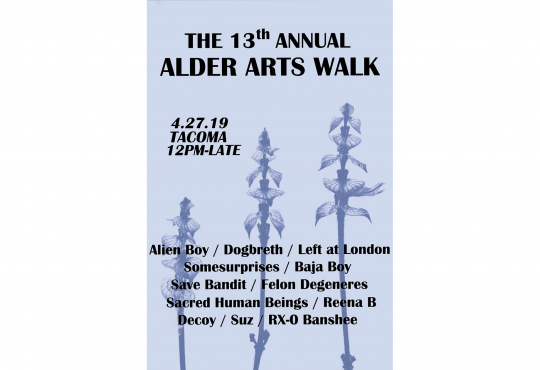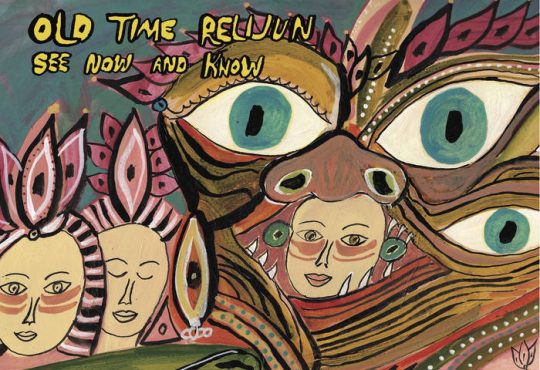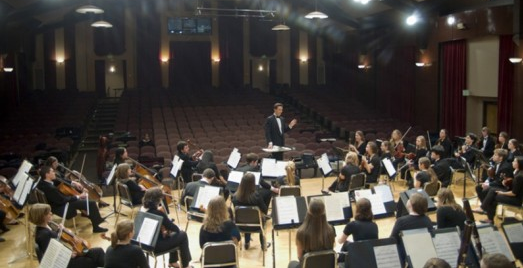
This past Tuesday, Bright Eyes released their seventh and final studio album. It has been three years since listeners were surprised at the stylistic changes made on their rootsy, Americana release Cassadaga.
The People’s Key is a science-fiction journey. On the first track alone, “Firewall,” the insane ramblings of a strange man are given the spotlight—alternate dimensions, reptilian enslavement of humans, etc.—as well as electronic instruments, never used so extensively since Bright Eyes’ electro-pop venture of 2005, Digital Ash in a Digital Urn.
Whereas electronic instruments on that album were used to embellish lyrics of the band’s brooding frontman, Conor Oberst, electronics and other instruments of The People’s Key seem to be the focus of the album. “Electric” is certainly an appropriate word to describe the bouncy, even fun music style.
A volley of aggressive electric guitar riffs erupts into the next song, “Jejune Stars.” It’s one of the stronger pieces of the album, the kind of song that brightens up a day. However, once more at the close of the song, the strange man rambles about pomegranates. I find myself skipping these parts, irritated with his presence on the album.
A low-energy piece, “Approximate Sunlight,” leads into “Haile Selassie,” an incredibly hooky song. With shimmering guitars and a steady beat, it’s a song I find myself coming back to often. Still, the lyrics of this song are fairly cliché, especially for Oberst.
“A Machine Spiritual (In the People’s Key)” is a more psychedelic piece, where Oberst muses about the namesake of the album: “The People’s Key / Ringing, filling everything,” and how he’ll “float into the ether.” It transitions well into my personal favorite song of the album, “Triple Spiral.” Distorted guitars and a bright melody hook the listener immediately.
Acoustic guitars introduce “Beginner’s Mind,” another interesting, psychedelic venture for Bright Eyes. Oberst’s voice is heavily distorted on the song as gurgling synths dance around it.
“Ladder Song” is an emotionally-charged piano ballad. Oberst laments the suicide of a dear friend from his home state, Nebraska.
“One for You, One for Me” closes the album effectively. Not for the first time on the album, Oberst mentions Hitler: “One for the Führer / One for his child-bride.” If I heard The People’s Key anonymously, on the radio for example, I would enjoy the music. Bright Eyes’ new album is definitely good, but so alien when compared to their other work that it is almost beyond recognition as a part of their discography.
Although The People’s Key is not necessarily disappointing, a major criticism is that Oberst’s lyrics are understated. Oberst’s signature manner of passionately spitting off his political, social and emotional musings takes a backseat on Bright Eyes’ final album. Perhaps it had to do with the production but for the majority of the album, any poignant observations are too drowned out by noise.
To many, this would seem at odds with what Bright Eyes has maintained as its reputation among emo kids and cigarette-toting cynics alike–the brilliant, thought-provoking, and often disturbing manifestations of Oberst’s deeply poetic mind.






